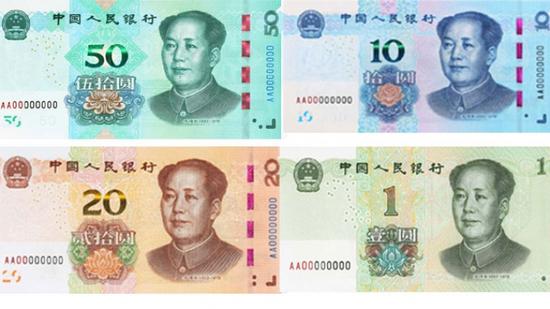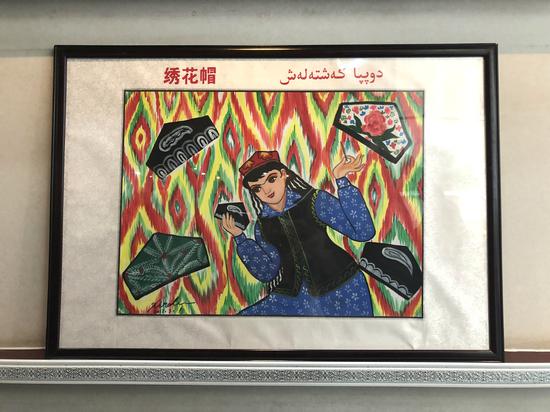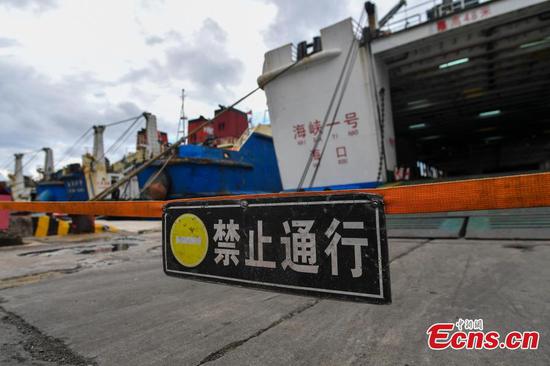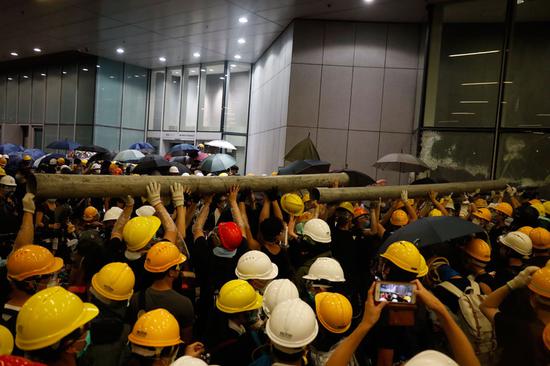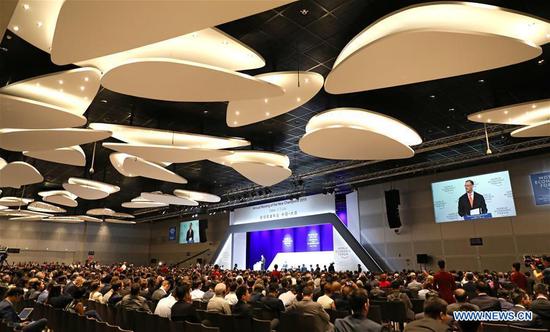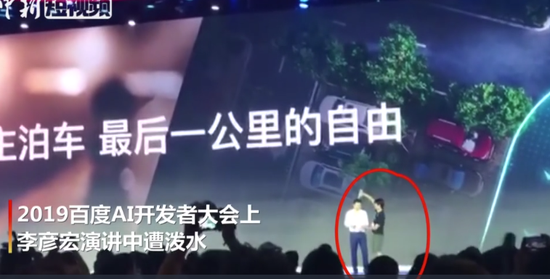A batch of U.S. industry groups representing a variety of industries have said that they felt pleased and encouraged that the world's two largest economies had agreed on further trade negotiations and suspension of additional tariffs at the G20 Summit.
"It is our hope that renewed negotiations will produce meaningful progress, while we remain adamant that tariffs on children's toys is the wrong approach and should never come to pass," said Steve Pasierb, president and chief executive of the New York City-based U.S. Toy Association, in a statement on Monday.
Pasierb pointed out that the ongoing U.S. tariffs on Chinese products would place the burden of the sharp price increase on small businesses and American consumers, ruin Christmas and special occasions for families, and cause irreparable harm to the U.S. toy community and their retail partners.
Unilaterally escalating the trade tensions, the United States in May raised additional tariffs on 200 billion U.S. dollars' worth of Chinese imports from 10 percent to 25 percent, and threatened to levy extra duties on more Chinese products.
On the sidelines of the G20 summit in Osaka, Japan, Chinese President Xi Jinping and his U.S. counterpart Donald Trump agreed to restart economic and trade consultations between their countries on the basis of equality and mutual respect.
As tariffs have been weighing heavily on the U.S. retail sector, the country's National Retail Federation (NRF) expressed the hope that the latest trade progress will lead to an end of the trade war between the two countries.
"We welcome the progress made during this meeting and hope it will result in a constructive approach to working with China to deliver significant reforms rather than one that punishes American consumers and threatens U.S. jobs through tariffs," said David French, NRF senior vice president for government relations, in a statement on Saturday.
Retail provides America's largest private-sector employment, contributing 2.6 trillion U.S. dollars to annual GDP and supporting one in four U.S. jobs, or 42 million working Americans in aggregate, according to NRF.
The Washington-based trade association clarified that tariffs on imports have not only driven up prices of consumer merchandise, but also increased cost of parts and materials used by U.S. manufacturers, which ultimately cost many jobs.
"Pulling back from the brink of further tariff escalation is a good sign for retailers and their customers, and we look forward to continued progress in the talks with China so that further tariffs can be avoided and existing ones lifted," French added.
In this regards, Consumer Technology Association (CTA) also called for a total removal of all tariffs on Chinese imports, which "are simply taxes paid by U.S. consumers and businesses."
Tariffs on Chinese imports already cost the American tech sector an additional 1 billion dollars per month, and new tariffs would crush many small businesses and startups, according to Gary Shapiro, president and CEO of CTA, a Virginia-based trade organization representing U.S. consumer technology companies.
In a statement on Saturday, Shapiro urged the Trump administration "not to impose any new tariffs as it continues to work toward an enforceable agreement that eliminates existing tariffs."
The Information Technology Industry Council (ITI) has also been encouraged by the "pragmatic and direct discussion between the two leaders," which it viewed as "a step in the right direction towards stabilizing the bilateral relationship," according to a statement.
"We urge both sides to continue to confer in good faith and conclude a deal that addresses longstanding tech trade issues and moves towards a more open and reciprocal U.S.-China economic relationship," said Jason Oxman, President and CEO of the Washington-based trade association that represents companies from the information and communications technology industry.









